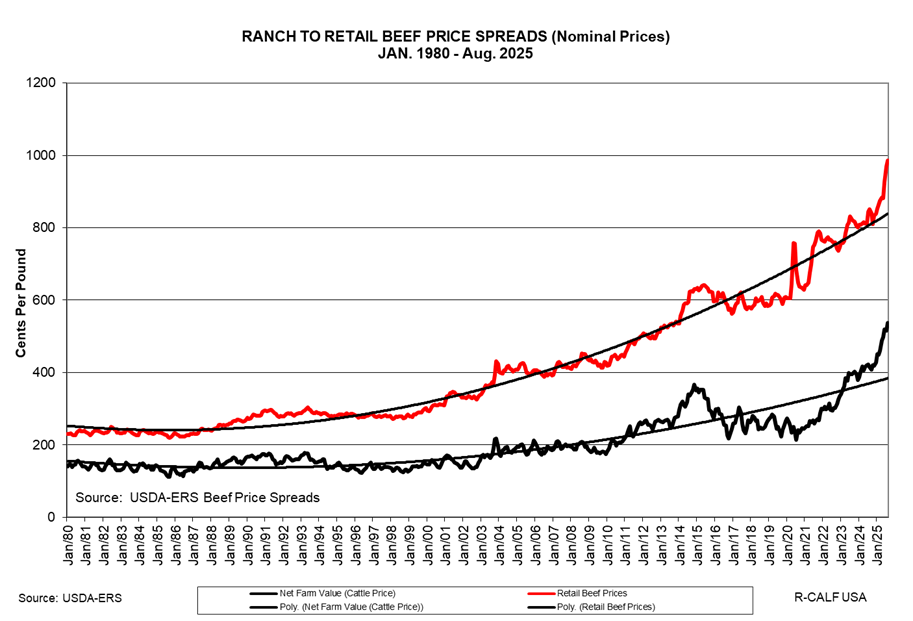R-CALF USA Statement on Government Effort to Lower Beef Prices
|
|
|
|
|
|
|
|
|
|

Several ground beef options are displayed in a butcher’s case at Eastern Market in Washington, U.S., August 14, 2024.
REUTERS/Kaylee Greenlee Beal Purchase Licensing Rights, opens new tab

